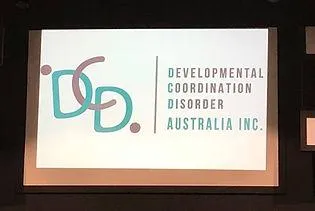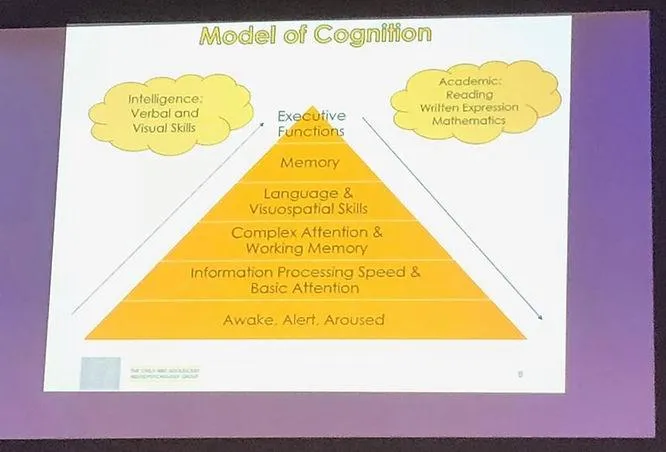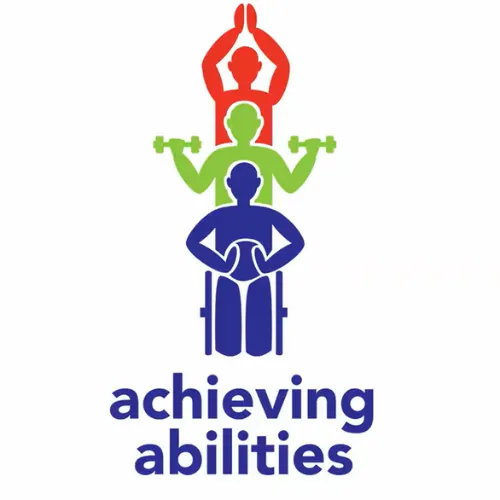Lauren McDougallAug 12, 20183 min read
Developmental Coordination Disorder National Conference - Recap
Updated: Mar 29, 2022
I recently attended the Dyspraxia Kids Australia National Conference in Melbourne (FYI, on Day 2 they officially changed their name to Developmental Coordination Disorder Australia).

1. What exactly is DCD?
• Developmental Coordination Disorder (DCD) is a condition marked by a severe impairment in the development of motor coordination, which significantly interferes with activities of daily living and/or academic achievement, not caused by a neurological condition, such as cerebral palsy or severe learning impairment. - DSM-IV
• Despite being one of the most common disorders in childhood, DCD is often under-recognised, and under-diagnosed.
2. The 5 C’s of DCD:
• Common (it’s common, approx. 1-2 students in each classroom show symptoms)
• Coordination difficulties (exactly as it sounds). This refers to both fine and gross motor coordination, and executing activities of daily living.
• Chronic health condition (it’s life long, and it impacts all facts of health – mental and emotional, physical as they are often sedentary etc)
• Co-morbid (it often co-exists). Individual’s often have a dual diagnosis of DCD with ASD, ADHD, Dyslexia etc
• Consequences (there’s a few). DCD impacts quality of life, participation, negative implications on mental and physical wellbeing for a number of reasons, and in a number of ways
3. It’s neurodevelopmental:
• Differences in brain development, predominately in motor regions and areas related to attention. However, we can also achieve some changes in neuroplasticity with intervention, and strengthen and build the neural pathways.
• DCD youth activate more, & different, brain regions to neurotypical youth while performing a motor task (Welcome cognitive fatigue). Therefore, we need to be aware of the mental demand of the motor tasks we provide
4. It's cognitive based:
• The cognitive difficulties experienced by those with DCD can often be overlooked due to the more obvious motor coordination challenges.
• Motor skills require effort (physical and cognitive), so individuals with DCD can be slower to complete a task and may appear inattentive and become disengaged.
• They can show variability and difficulties in areas including attention, working memory and information processing etc. They don’t have poor memory, but they can easily forget what they’re meant to do, or the order they are meant to do things in because of cognitive and attention difficulties. They can have difficulty organising themselves to catch a ball, and complete a task from start to finish.
• We really need to keep the cognitive difficulties in mind with our interventions. Think of the Model of Cognition (see photo) - if we don't go bottom up and target our intervention at where they sit on the model, we won't get results. For example, can they switch tasks, divide their attention, independently direct their attention to complete a task? Tailor. The. Intervention.

Model of cognition - taken from the 'Neuropsychological Profile of DCD' presented by Dr Renee Testa and Dr Jessica Travena-Peters
5. How can we support those with DCD in our interventions?
One way is using the M.A.T.C.H Approach:
M – modify the task so they can achieve success. Its all about reasonable expectation -we need to develop the skills with success, but we cant modify it so much that they don’t learn
A – alter the expectations, work out what aspect of the task or movement they find difficult, and lessen the importance
T- teaching strategies, again think of the cognitive model and where they are – target at their level!
C- Changing environments: how can the environment help or how can it impair?
H – help by understanding their challenges
Other tips:
• Praise. Praise the effort for the parts of the task they find difficult! Recognise and reinforce even the smallest improvement.
• Expect impulsivity and poor regulation at time.
• Some will need adequate change to maintain interest, others will require more structured and consistent routine.
• Ensure a task is clear and well understood, check they understand.
• You may need to break down the task with visuals, such as a visual schedule for some individuals.
• Alternate low and high interest activities, similar to a ‘first-then’ approach we may use with individuals with Autism Spectrum Disorders.

📞 0431 048 684
✉️ [email protected]
📍 307 Payneham Road, Royston Park SA 5070
Golden Grove - Payneham - Marden - Ridgehaven

